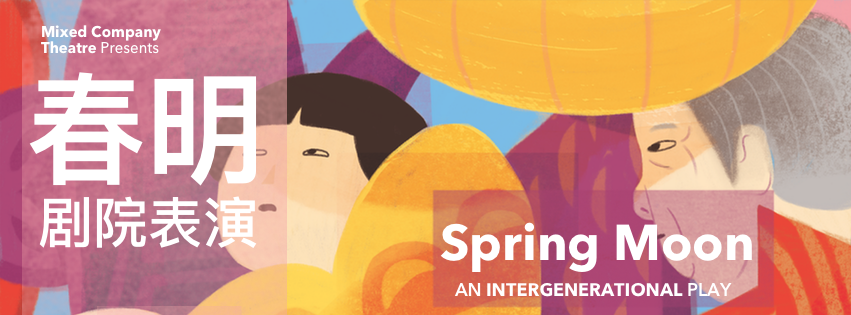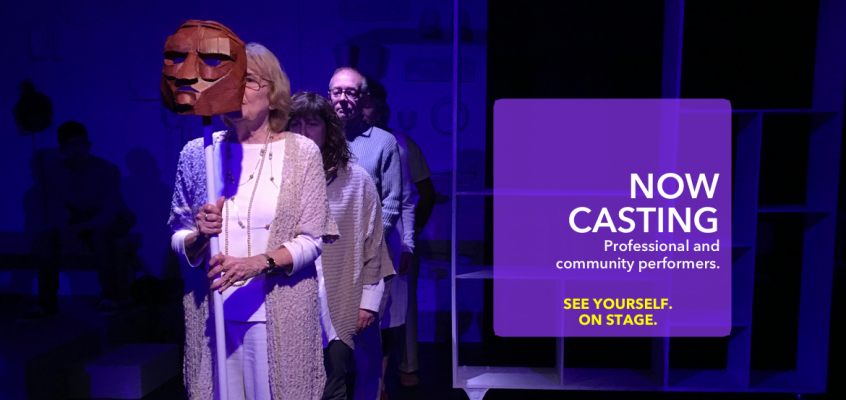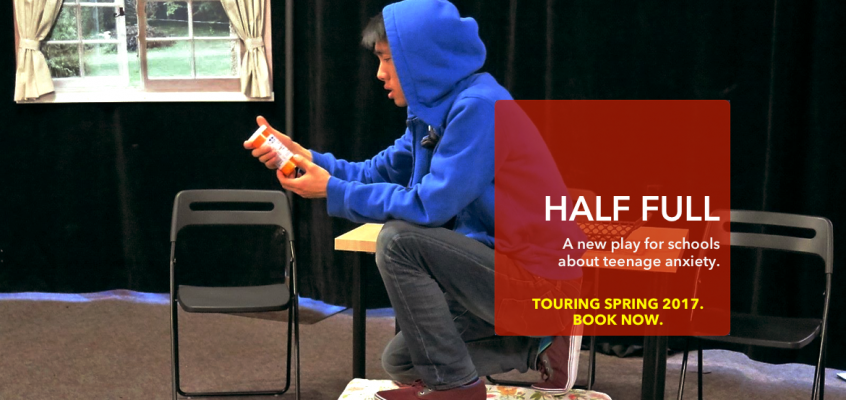Outreach Intern – October 2017
Mixed Company Theatre has been producing innovative, socially-relevant theatre as a tool for positive change since 1983. Founded as an artist-run collective, today this nationally recognized not-for-profit is known for their commitment to inspiring communities across Canada to create social … Continued
